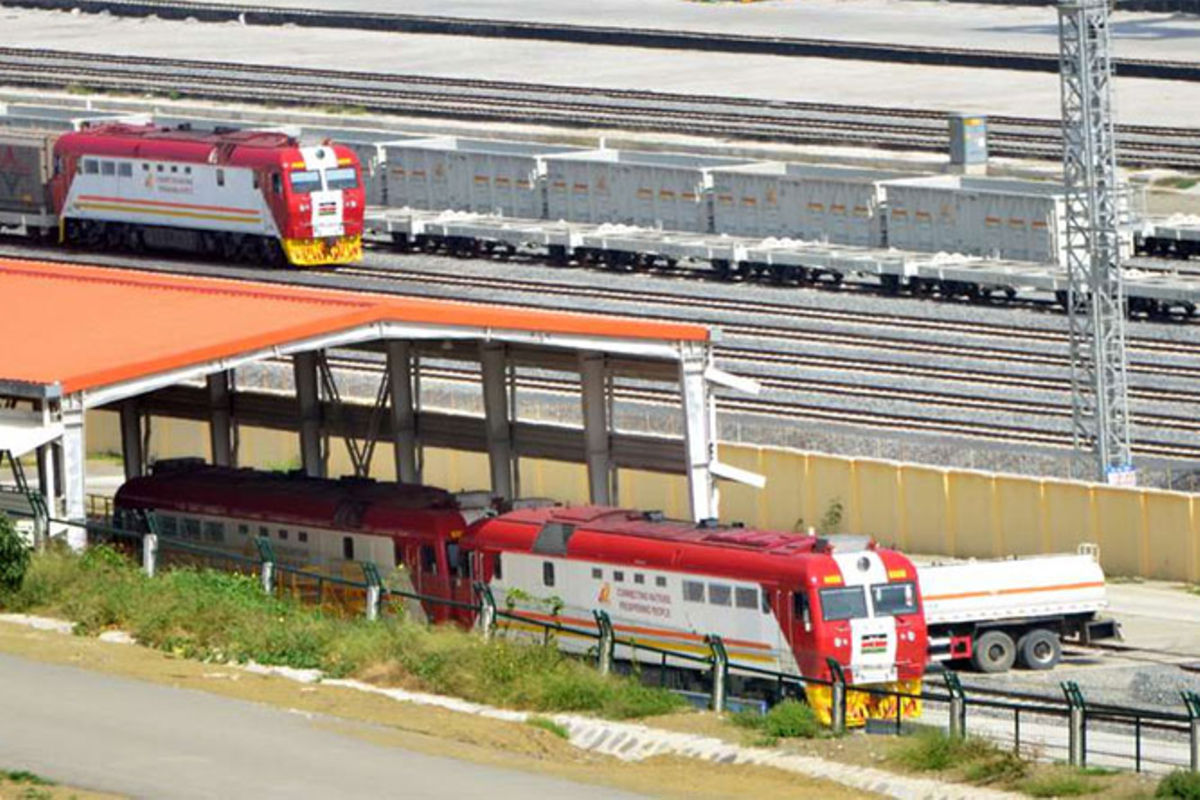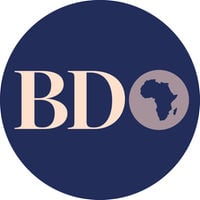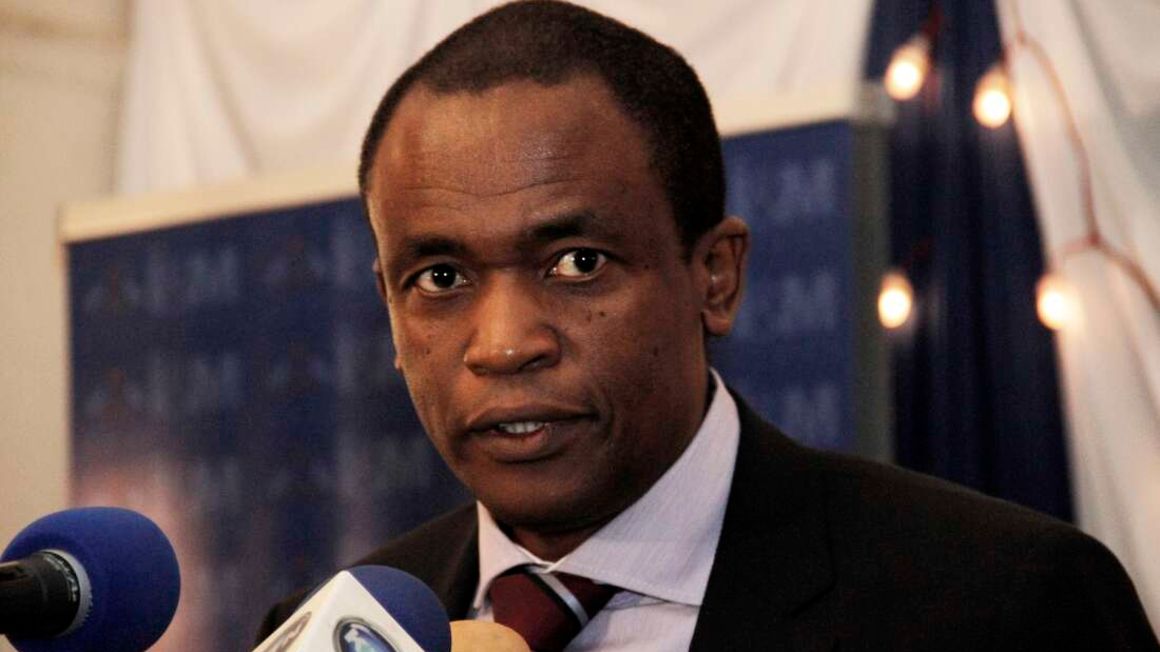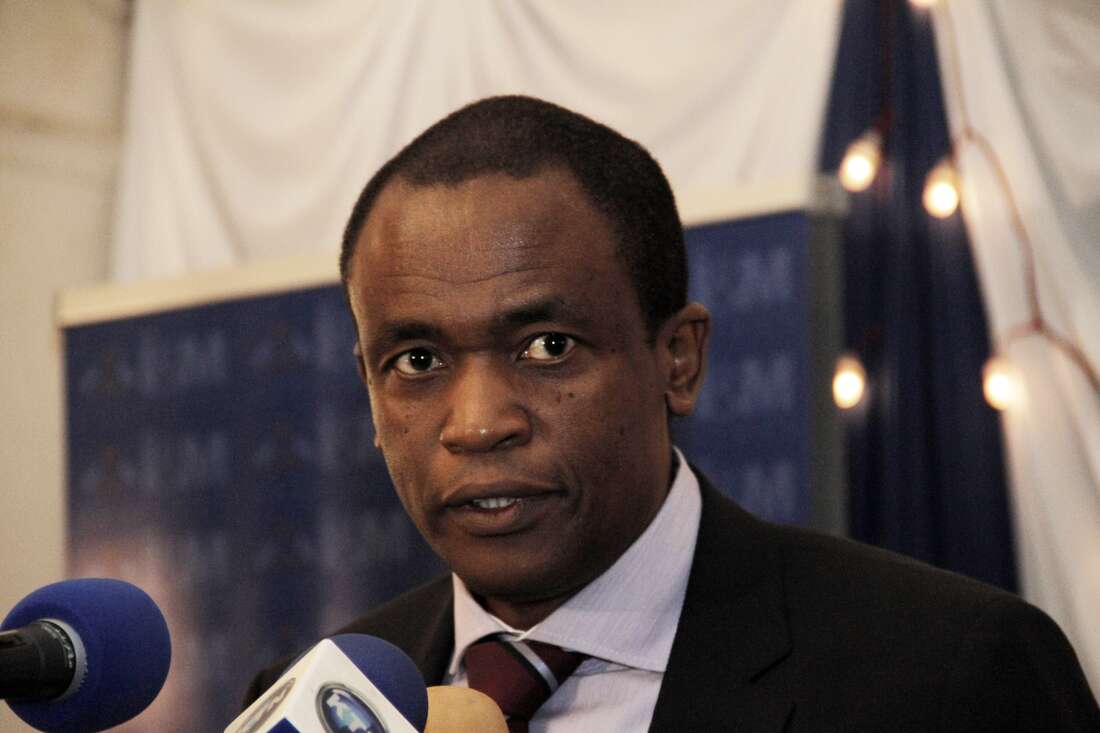MK254
JF-Expert Member
- May 11, 2013
- 31,760
- 48,407
Ngoma inazidi kunoga....
Revenue generated from the standard gauge railway (SGR) rose 25 percent in the seven months to July, driven by increased imports.
Latest data from the Kenya National Bureau of Statistics (KNBS) shows that revenues rose to Sh9.08 billion from Sh7.2 billion in similar period last year.
The increase comes at a time the country’s import bill grew 27.69 percent, signalling increased volumes of shipments at the Port of Mombasa as economies reopened.
All imported cargo from the Port of Mombasa is ferried aboard the SGR to the Nairobi Internal Container Depot from where it is trucked to other parts of the country and neighbouring countries.
Revenues from the cargo train accounted for more than half of the Sh1.86 billion increase in the SGR revenues.
Cargo revenues rose by Sh1.69 billion to Sh8 billion while earnings from the passenger business grew by Sh690.8 million to Sh1.07 billion.
Cargo and passenger revenues had taken a hit last year due to the travel restrictions imposed to curb spread of the coronavirus that saw the SGR suspend passenger services in May and June.
The pandemic hit the logistics sector, including public transport and the long-haul transits, hard following the imposed night curfew and restrictions of movement in and out of Nairobi metropolitan area, Mombasa, Kilifi, Kwale and Mandera.
The restrictions were lifted in May last year.
The freight train remained operational but closure of ports in main source markets like Japan and China to stem spread of the virus hurt the cargo volumes.
The value of imports in the seven months to July grew by Sh253. 4 billion to Sh1.168 trillion.
The High Court in June extended orders suspending a decision that allowed importers to choose their preferred mode of transport for their cargo, giving Kenya Railways Corporation a reprieve in its efforts to improve returns from the modern train.

 www.businessdailyafrica.com
www.businessdailyafrica.com
Revenue generated from the standard gauge railway (SGR) rose 25 percent in the seven months to July, driven by increased imports.
Latest data from the Kenya National Bureau of Statistics (KNBS) shows that revenues rose to Sh9.08 billion from Sh7.2 billion in similar period last year.
The increase comes at a time the country’s import bill grew 27.69 percent, signalling increased volumes of shipments at the Port of Mombasa as economies reopened.
All imported cargo from the Port of Mombasa is ferried aboard the SGR to the Nairobi Internal Container Depot from where it is trucked to other parts of the country and neighbouring countries.
Revenues from the cargo train accounted for more than half of the Sh1.86 billion increase in the SGR revenues.
Cargo revenues rose by Sh1.69 billion to Sh8 billion while earnings from the passenger business grew by Sh690.8 million to Sh1.07 billion.
Cargo and passenger revenues had taken a hit last year due to the travel restrictions imposed to curb spread of the coronavirus that saw the SGR suspend passenger services in May and June.
The pandemic hit the logistics sector, including public transport and the long-haul transits, hard following the imposed night curfew and restrictions of movement in and out of Nairobi metropolitan area, Mombasa, Kilifi, Kwale and Mandera.
The restrictions were lifted in May last year.
The freight train remained operational but closure of ports in main source markets like Japan and China to stem spread of the virus hurt the cargo volumes.
The value of imports in the seven months to July grew by Sh253. 4 billion to Sh1.168 trillion.
The High Court in June extended orders suspending a decision that allowed importers to choose their preferred mode of transport for their cargo, giving Kenya Railways Corporation a reprieve in its efforts to improve returns from the modern train.

SGR revenue up 25pc on increased imports
Revenue generated from the standard gauge railway (SGR) rose 25 percent in the seven months to July, driven by increased imports.


